Clearly define the exploitation period in emergency situations
Giving opinions on the exploitation, recovery and use of minerals in groups 3 and 4 to meet urgent requirements of natural disasters, epidemics or national security and defense, delegates Tran Nhat Minh ( Nghe An ) suggested that the drafting agency study and supplement regulations on the time limit for terminating exploitation in these cases.
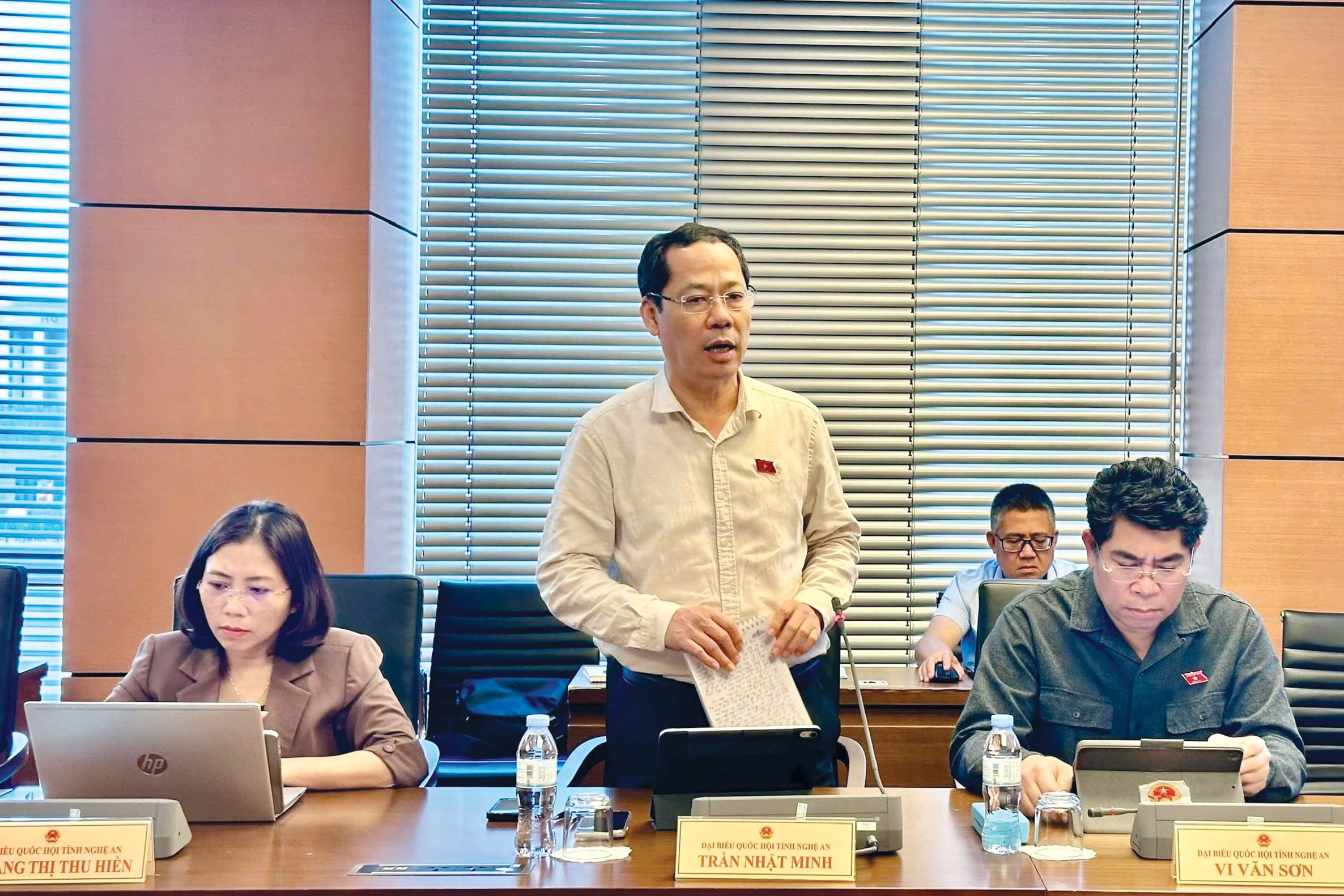
According to the delegate, it should be regulated in the direction that "exploitation will be terminated immediately after the emergency response work has been completed"; at the same time, there should be specific constraints because the time limit for granting normal exploitation licenses is often very long. Because, if there is no clear regulation, after the emergency ends, enterprises can still continue their exploitation activities without fully completing the prescribed procedures.
Delegate Tran Nhat Minh also suggested that the drafting agency study and amend and supplement Clause 4, Article 111 on transitional provisions of the 2024 Law on Geology and Minerals for the reason that the current draft does not raise this issue, but practice shows that the above provisions have been creating difficulties for mineral exploitation enterprises.
According to Clause 4, Article 111 of the current Law, in cases where the competent State agency has approved the mineral reserves before the effective date of the Law (before May 1, 2025), the priority right to grant mining licenses is only applicable within 36 months from the date of approval of the reserves. This provision makes it impossible for many enterprises to exercise the priority right because the deadline has expired due to objective reasons.
The delegate cited that in Nghe An, many projects were licensed for exploration and approved for reserves according to the 2010 Mineral Law (2010-2012 period), but the issuance of mining licenses later encountered many obstacles due to changes in State management policies, lasting from 2012 to 2024. Specifically, on January 9, 2012, the Prime Minister issued Directive No. 02/CT-TTg on strengthening the management of mineral activities, which temporarily suspended the issuance of exploration and exploitation licenses for some types of minerals such as white stone, marble, and granite. On March 30, 2015, Directive No. 03/CT-TTg was issued to replace it, allowing continued licensing but requiring compliance with mineral planning and meeting many other strict conditions...

Delegates assessed that changes in the State's legal policies in the mineral sector have led to many businesses having to stop all mining procedures. "The delay in granting mining licenses is not due to the subjective fault of businesses, but stems from objective reasons in policy changes and state management work," delegate Tran Nhat Minh emphasized.
According to current regulations, the priority right to request an exploitation license can only be exercised within 36 months from the date of approval of reserves. However, due to the above objective reasons, many enterprises have expired and lost their priority rights, leading to great losses in benefits and investment costs.
To resolve the problem, the delegate proposed to study and supplement the provisions amending Clause 4, Article 111 of the 2004 Law on Geology and Minerals in the direction: "For cases where the competent authority has approved the mineral reserves before July 1, 2020, within 36 months from the effective date of this Law, the priority right to request the issuance of a mineral exploitation license shall be implemented according to the provisions of Article 48 of the 2004 Law on Geology and Minerals".
According to delegate Tran Nhat Minh, this regulation will help businesses have more time to exercise their priority rights, ensure fairness and reasonableness, and at the same time be consistent with the Party and State's policy on encouraging and supporting the development of the private economic sector, promoting the exploitation and use of resources effectively, sustainably and in accordance with the law.
Overcoming overlapping mineral planning
According to delegate Nguyen Huu Thong (Lam Dong), the implementation of important national projects shows that many localities cannot implement projects in their localities due to overlapping with mineral planning areas. From that reality, the delegate recommended that the drafting agency review the provisions in Articles 11 and 12 of the current Law on Geology and Minerals to adjust, ensure consistency with the Law on Planning and suitability with local management practices.
Also according to the delegate, Clause 3, Article 75 of the Law on Geology and Minerals stipulates: in the case of recovering group I minerals according to Point b and Point c, Clause 1 of this Article, the investor or project owner must evaluate the economic efficiency when recovering minerals and report to the competent state management agency for consideration and decision.
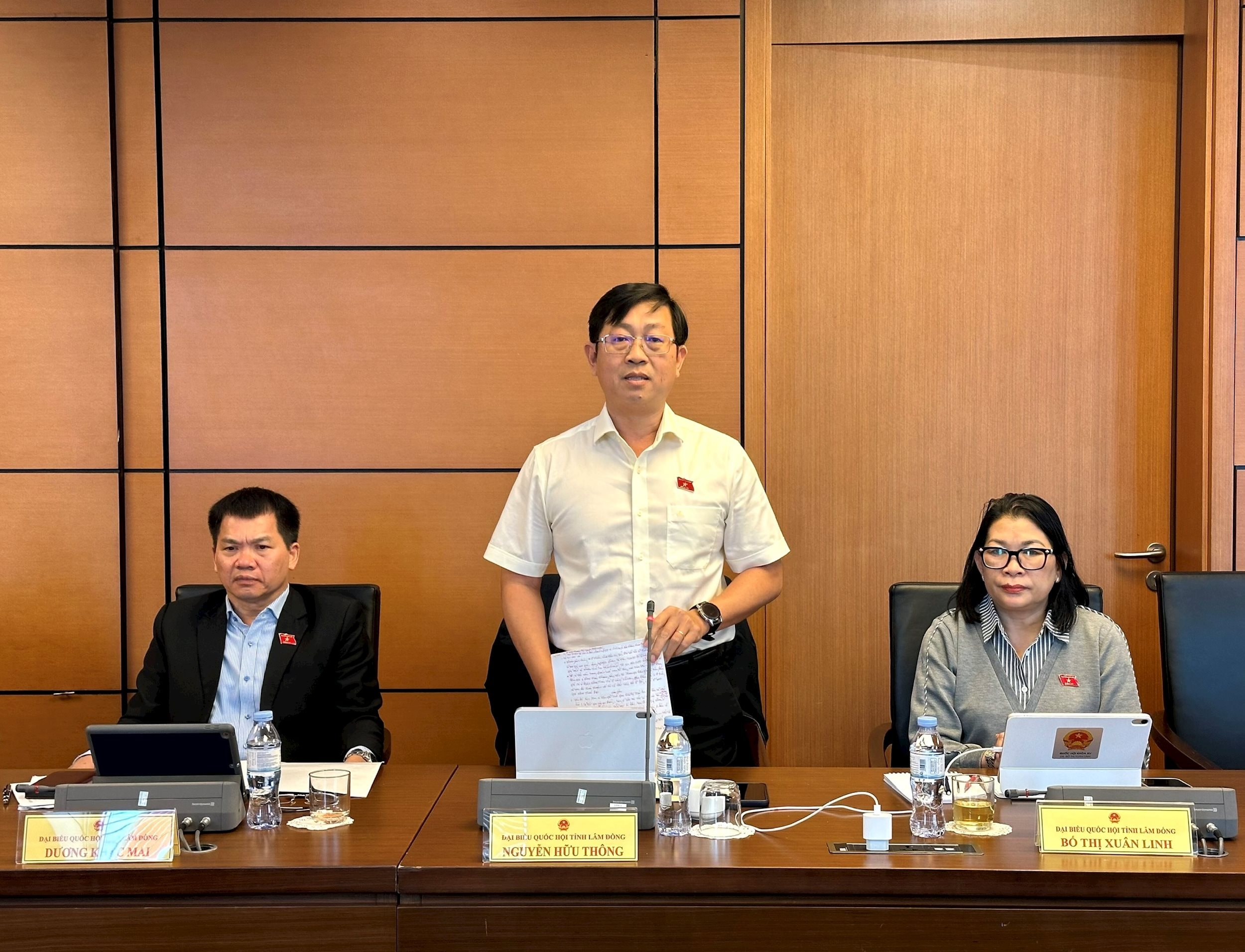
However, the Law on Geology and Minerals and the Law on Planning currently do not have clear regulations on whether investment projects can be implemented after assessing the economic efficiency of mineral recovery or must wait for adjustments to mineral planning and updates to other specialized planning before projects can be implemented. "If there are no specific regulations, when the Law on Geology and Minerals and the Law on Planning come into effect, they will not be able to resolve problems related to overlapping planning as in practice in recent times," emphasized delegate Nguyen Huu Thong.
In practice, some mineral mines (titanium, bauxite) are exposed (about 5-7 m from the surface of the terrain) but are distributed over a large surface area, leading to mineral planning overlapping with many agricultural and residential land areas of the people. Meanwhile, the exploitation period cannot be carried out simultaneously in the entire area; there are places that have been licensed but it takes 10 to 20 years to be exploited. This affects the granting of land use right certificates, conversion of land use purposes, and granting of construction permits to people in the mineral planning area, thereby affecting the legal rights and obligations of the people.
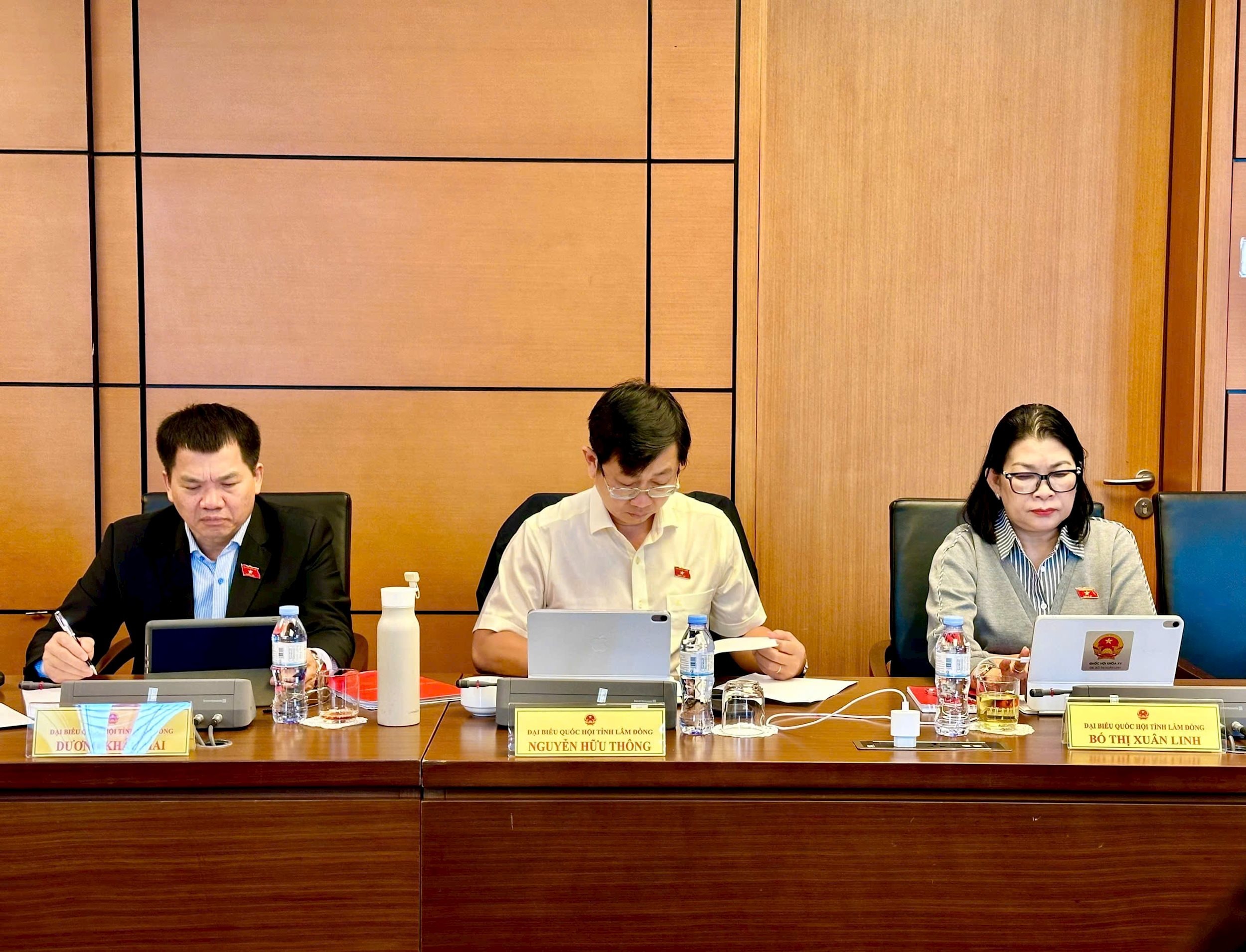
To promptly resolve the issues for the locality, delegate Nguyen Huu Thong proposed to carefully review the above issues to amend and supplement the Law on Planning and the Law on Geology and Minerals, in order to remove difficulties and obstacles affecting the socio-economic development of the locality. In particular, it is necessary to address the needs and legitimate interests of people with land in mineral planning areas, ensuring that they are granted land use right certificates, are allowed to change land use purposes and are allowed to build houses in mineral planning areas with special characteristics such as titanium and bauxite.
Management and sustainable development of rare earth resources
Commenting on Clause 12, Article 1 of the draft, amending Clause 1, Article 48 related to the right to priority in submitting applications for mining licenses, delegate Trinh Thi Tu Anh (Lam Dong) said: the regulation allowing organizations and individuals who have conducted mineral exploration to be given priority in granting mining licenses within 36 months for groups I, II and 18 months for group III is reasonable, consistent with the principle of "exploration first, exploitation later".
According to delegates, mines in groups I and II are often large-scale, require high investment capital, complex technology, long project preparation time, environmental impact assessment report, basic design and capital mobilization, so a period of 36 months is necessary to ensure feasibility. Meanwhile, minerals in group III are often common construction materials, small or medium scale, simple procedures and technology, so a period of 18 months is appropriate, helping to shorten the time to meet market demand.
The delegate emphasized that this regulation not only ensures the legitimate rights of organizations and individuals who have invested in exploration activities but also encourages businesses to invest long-term in this field. However, to avoid risks and the situation of "holding mines" without exploiting, it is necessary to supplement detailed regulations to closely monitor the implementation of priority rights. Specifically, there must be a mechanism to clearly define that after the priority period, if organizations and individuals do not submit applications for licenses, the area must be put up for public auction to optimize resource exploitation and avoid waste.
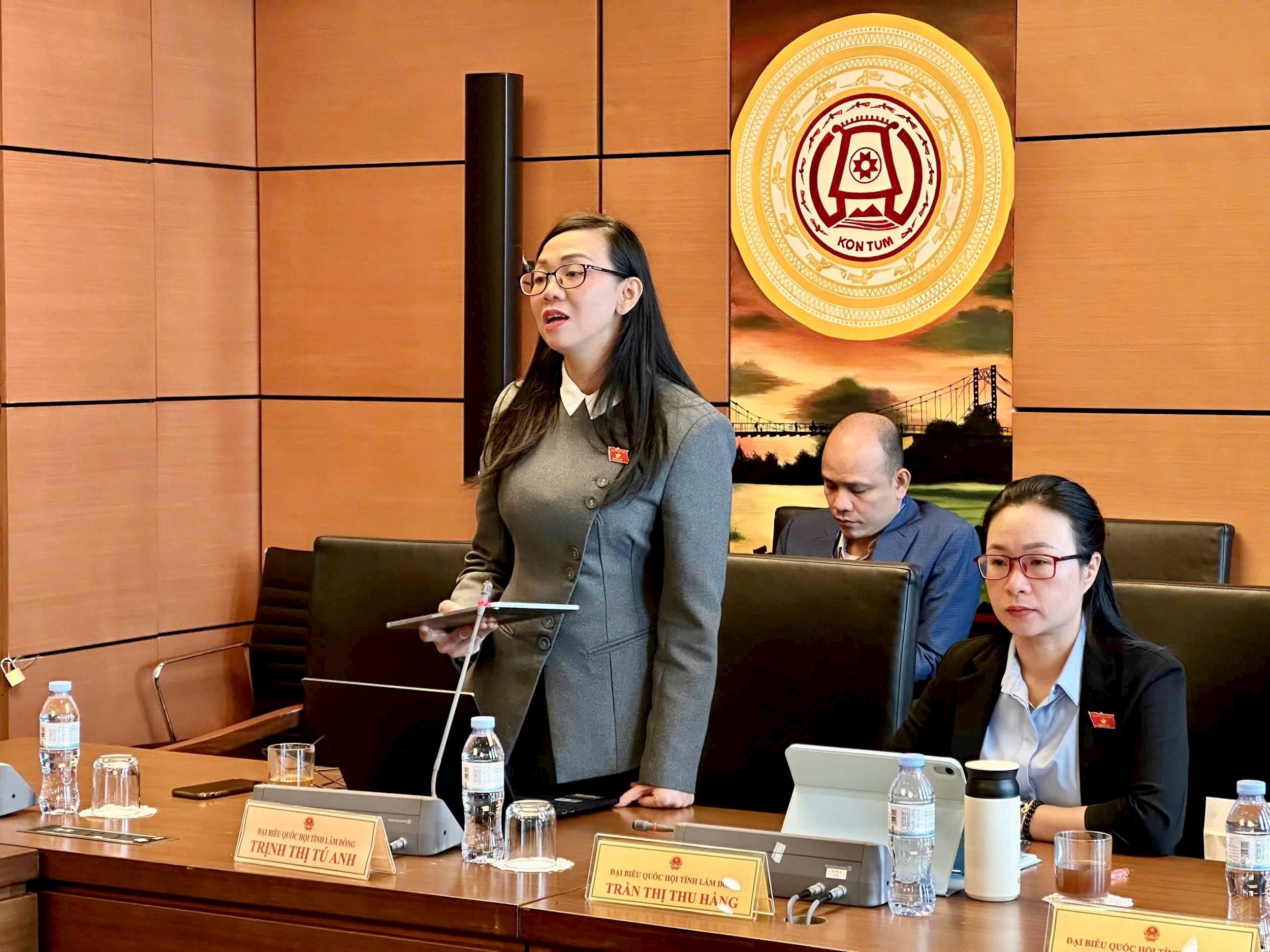
Highly appreciating the draft addition of Chapter VIIa - State management of geology and minerals for rare earths, delegate Trinh Thi Tu Anh said that this is a very necessary content, demonstrating the strategic vision of the State in protecting this particularly important resource. Rare earths are considered "technological gold" or "new oil" of the 21st century because they are an indispensable component in high-tech industries, renewable energy, electronics and defense.
Delegates analyzed that strict management of rare earths aims to ensure technological sovereignty, control the supply chain, and limit raw exports to increase added value through deep processing. This helps Vietnam proactively source raw materials for key industries, develop high-value industrial products and avoid the situation of selling off strategic resources.
In addition, rare earth mining and processing activities pose a high risk of pollution due to the use of toxic chemicals and the generation of radioactive waste. Therefore, it is necessary to strengthen technical regulations and environmental standards to ensure community safety and sustainable development.
Regarding the specific content, the delegate proposed to amend point 5 of the draft by adding the phrase “technology transfer” after the phrase “research and development” in the regulations on international cooperation. This addition is necessary because in practice, technology transfer is the key step to help Vietnam receive advanced technology, improve deep processing capacity and proactively have high-quality human resources.
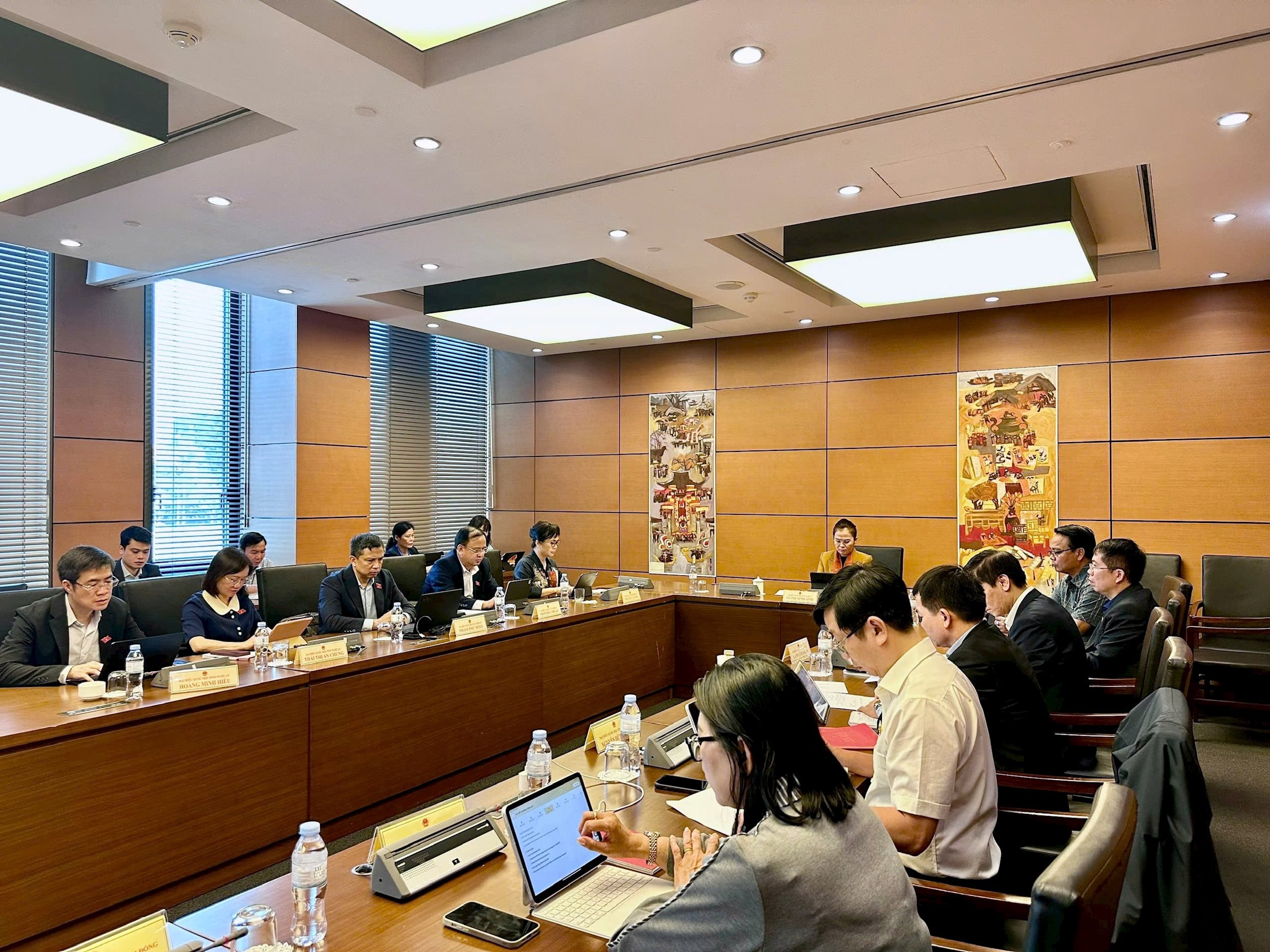
At the same time, it is proposed to edit point 6 of the draft to add the phrase “requirement to ensure resource security” before the phrase “and sustainable socio-economic development goals”. This addition correctly reflects the goal of building the new chapter, which is to manage rare earth resources in conjunction with security and defense strategies and ensure national energy sovereignty.
Regarding point h, clause 2, article 1 of the draft, which stipulates that “the term of the license does not depend on the period of mineral planning or provincial planning”, delegate Trinh Thi Tu Anh expressed her concern. According to the delegate, this provision, although intended to create flexibility in special cases, could lead to conflicts with the Law on Planning and disrupt the stability of the national planning system.
If the license term is allowed to extend beyond the current planning period, risks will arise when the new planning is approved, causing difficulties for the management and coordination of overall local development, and affecting the efficient use of resources.
The delegates proposed that the duration of the re-issued, extended or adjusted license in a state of emergency should not exceed the remaining time of the current planning, or should only be extended corresponding to the time of the state of emergency declared according to the provisions of law. In addition, the licensing authority should clearly stipulate in the decision to allow exploitation the volume, scope and limits of resources to be exploited to avoid taking advantage of the policy in special cases.
Delegate Trinh Thi Tu Anh also proposed adding regulations on reserve funds or compensation mechanisms to support people in case of environmental incidents caused by emergency mining activities. This not only contributes to ensuring social security but also demonstrates the State's responsibility in resource management associated with sustainable development.
Source: https://daibieunhandan.vn/bao-dam-thong-nhat-hieu-qua-trong-quan-ly-khai-thac-khoang-san-10394636.html





![[Photo] Closing of the 14th Conference of the 13th Party Central Committee](https://vphoto.vietnam.vn/thumb/1200x675/vietnam/resource/IMAGE/2025/11/06/1762404919012_a1-bnd-5975-5183-jpg.webp)


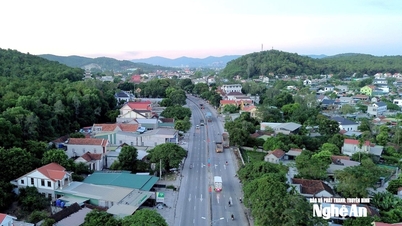

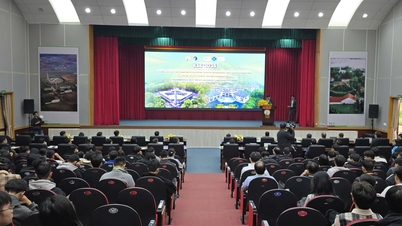

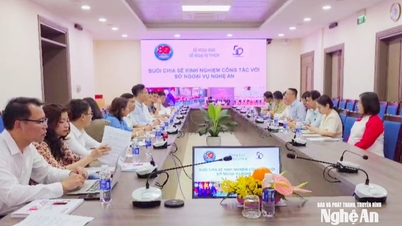

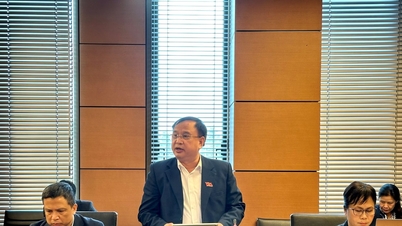
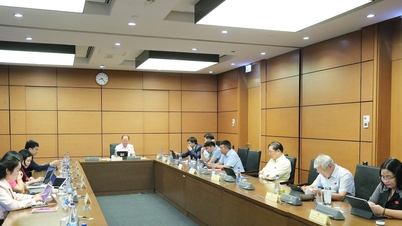
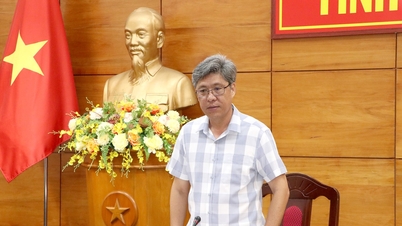


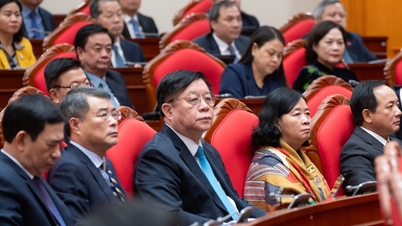
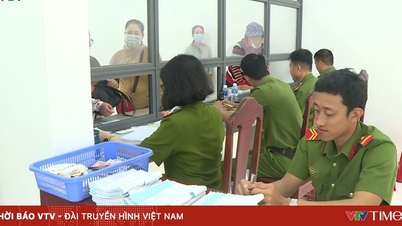

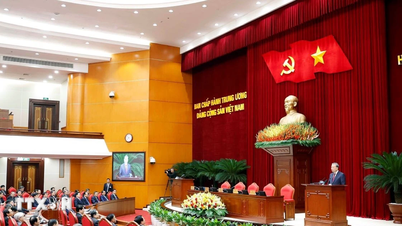
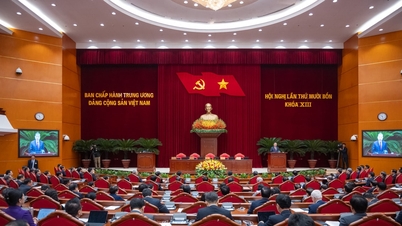







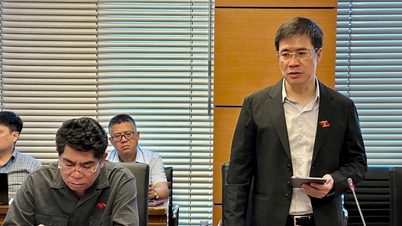
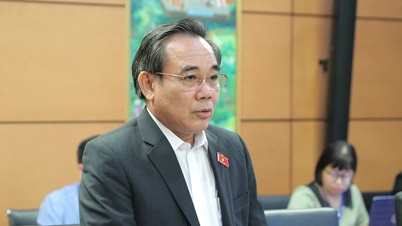

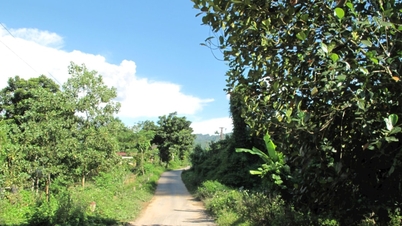
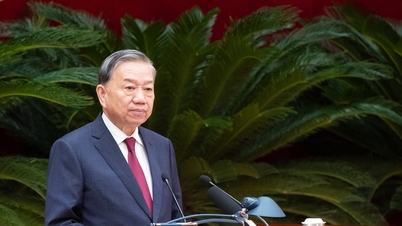



































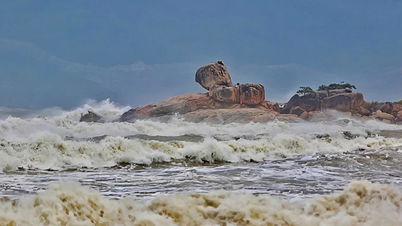
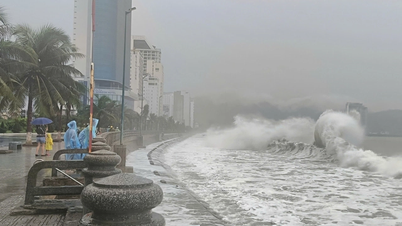
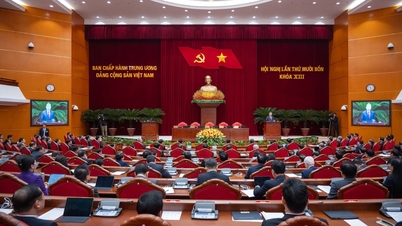






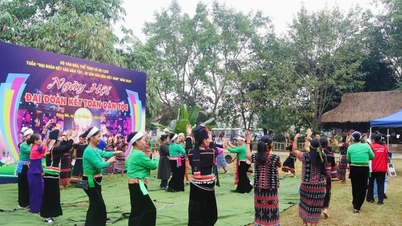
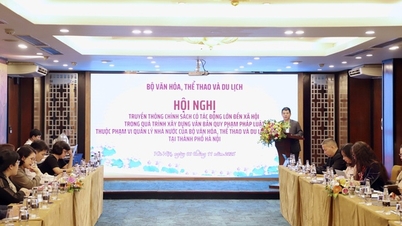
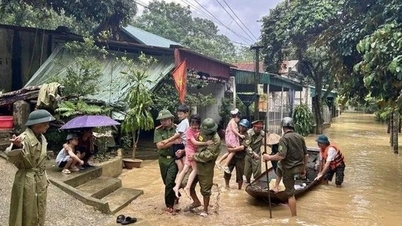

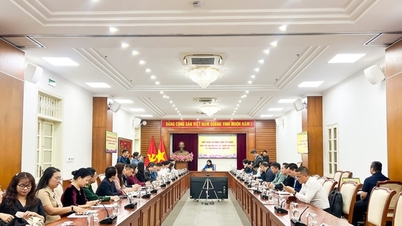

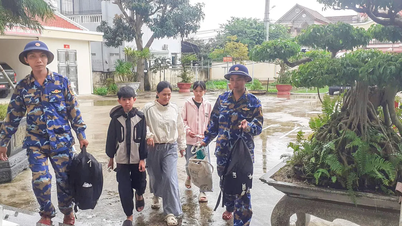
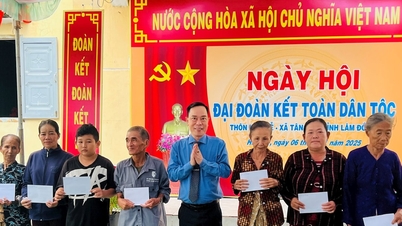
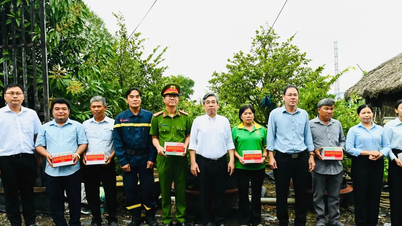
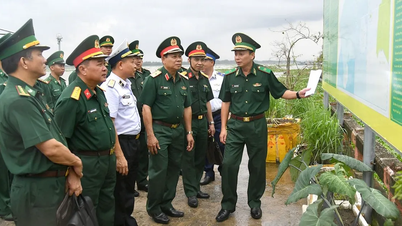
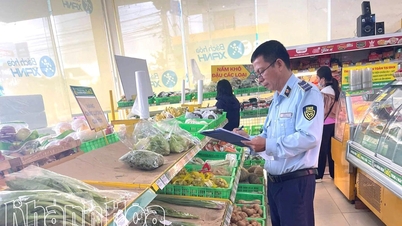














Comment (0)